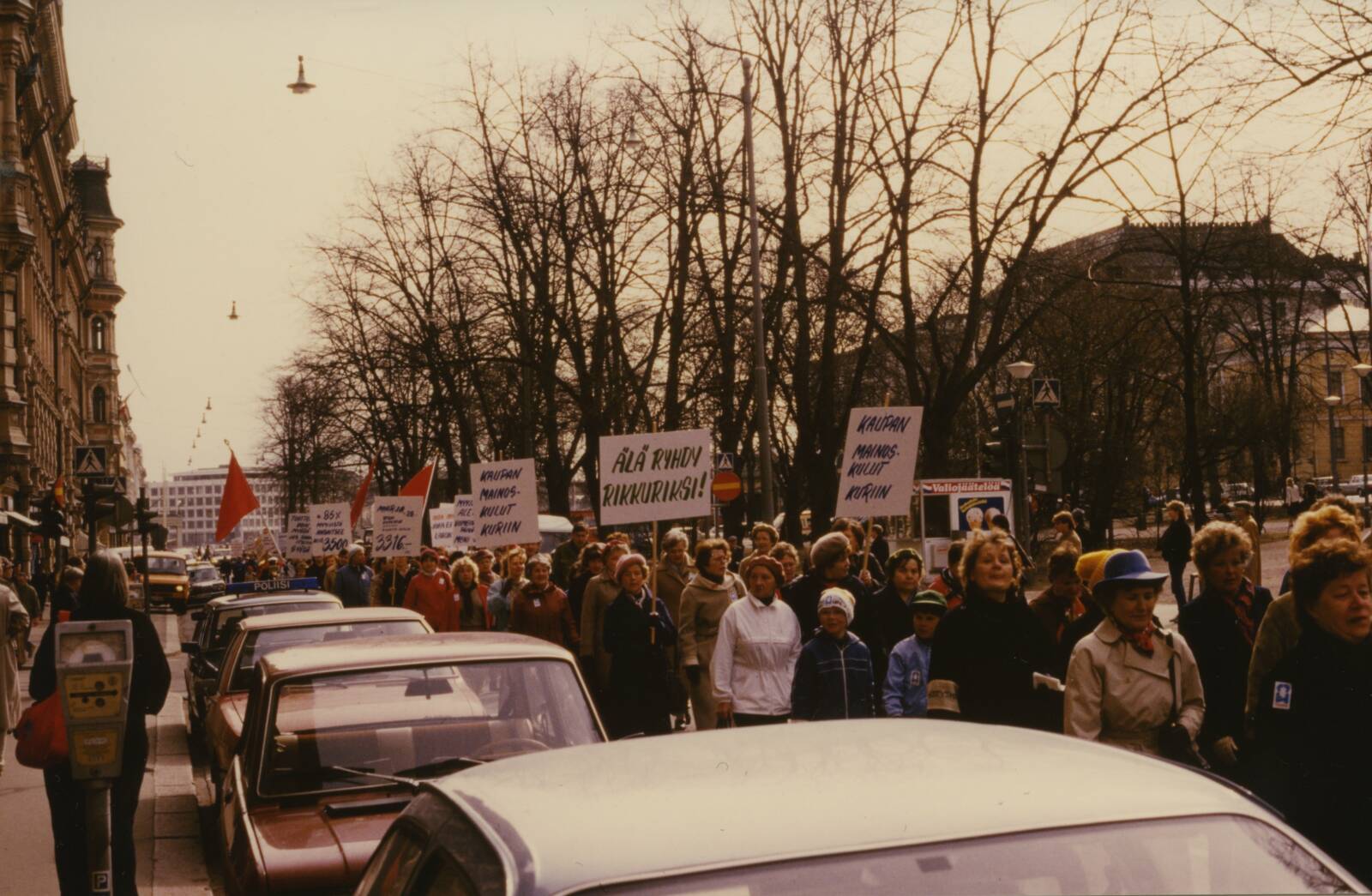We welcome research that explore the intricacies of the labor market during times of crisis. Economic downturns, conflicts, strikes, or structural changes often lead to spikes in unemployment rates. Prices may rise, wages may fall, and consumer spending may decrease. How do individuals cope when gainful employment and access to basic necessities become scarce, and when their living circumstances are regulated by the authorities? Moreover, do crises have a noticeable impact on demographic trends?
Crises can also disrupt gender dynamics in the labor market. Societal changes can trigger crises for specific occupations, leading to questions such as “Where have all the horse drivers and errand boys gone?”
Economic depressions and wars can also force institutions and organizations to adapt to novel circumstances. This raises the question of how employers and employees, and their respective interests, have interacted during times of crisis. Has the crisis led to conflict or cooperation between employees and employers?
Additionally, exploring the life trajectories of individuals offers a nuanced lens through which to examine this topic. How have conflicts, economic depressions, or structural shifts altered people’s life courses and professional trajectories?
Sessions are initially planned on the following themes:
- Wages, consumption, and standards of living
- Employment, unemployment, and work dynamics
- Industrial relations (including negotiations, relationships at both the local and national levels, collective bargaining, and strikes)
- The impacts of crises on life trajectories and labor market positions.
Coordinator: Jarmo Peltola, Senior Researcher, University of Helsinki (jarmo.peltola[at]helsinki.fi)

